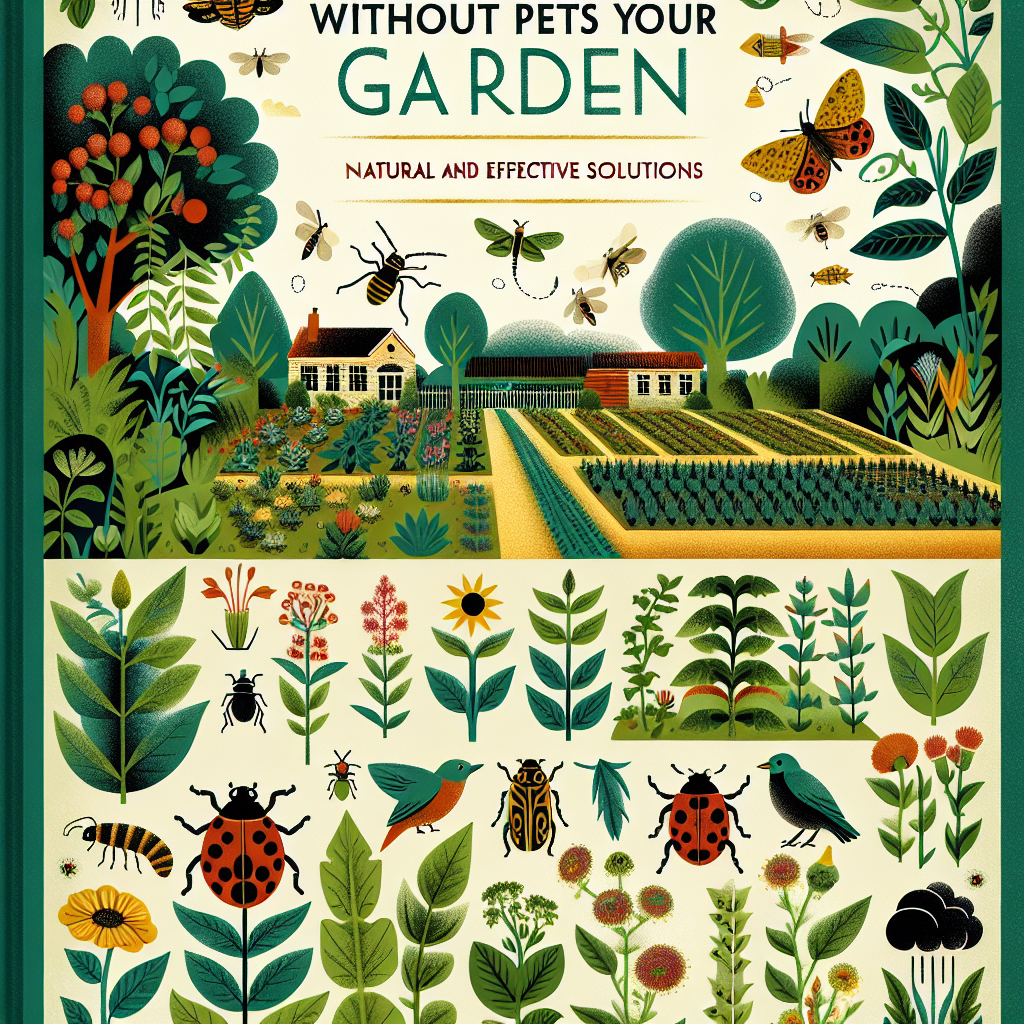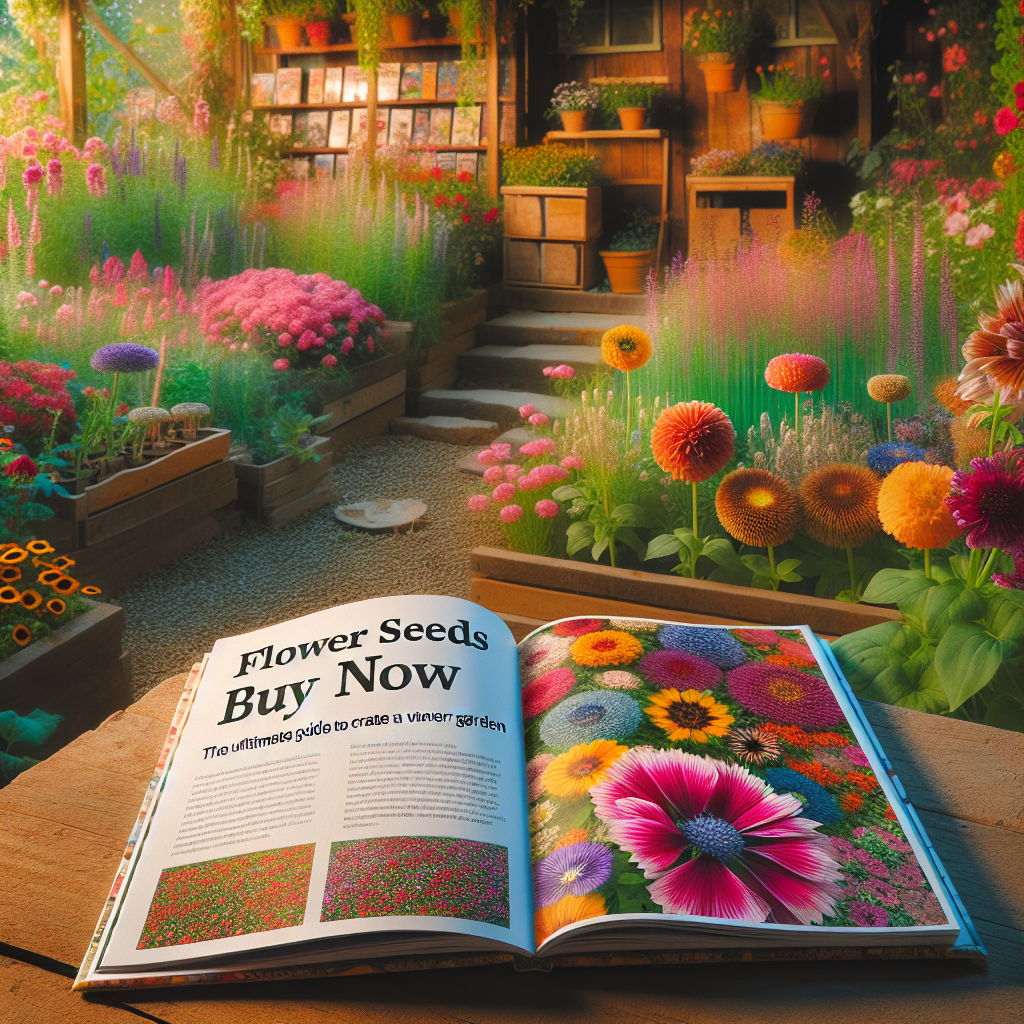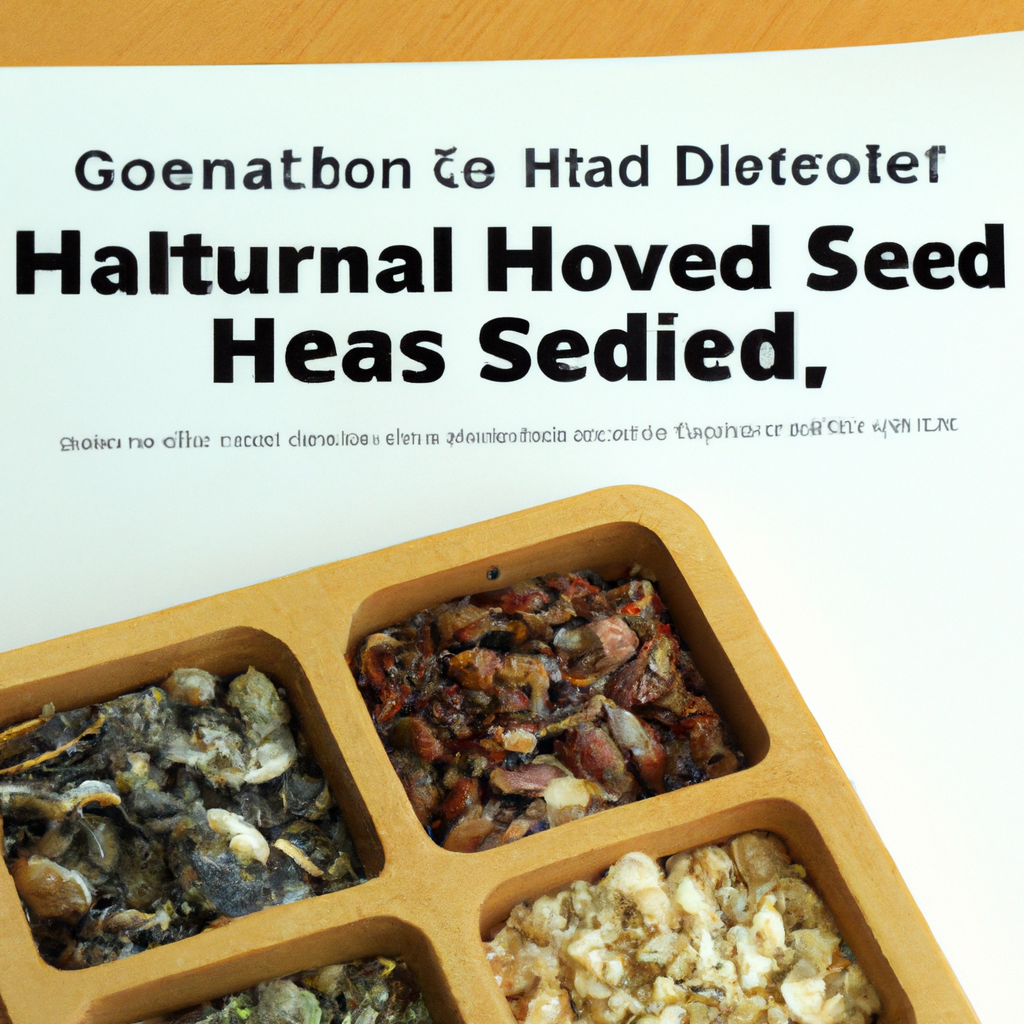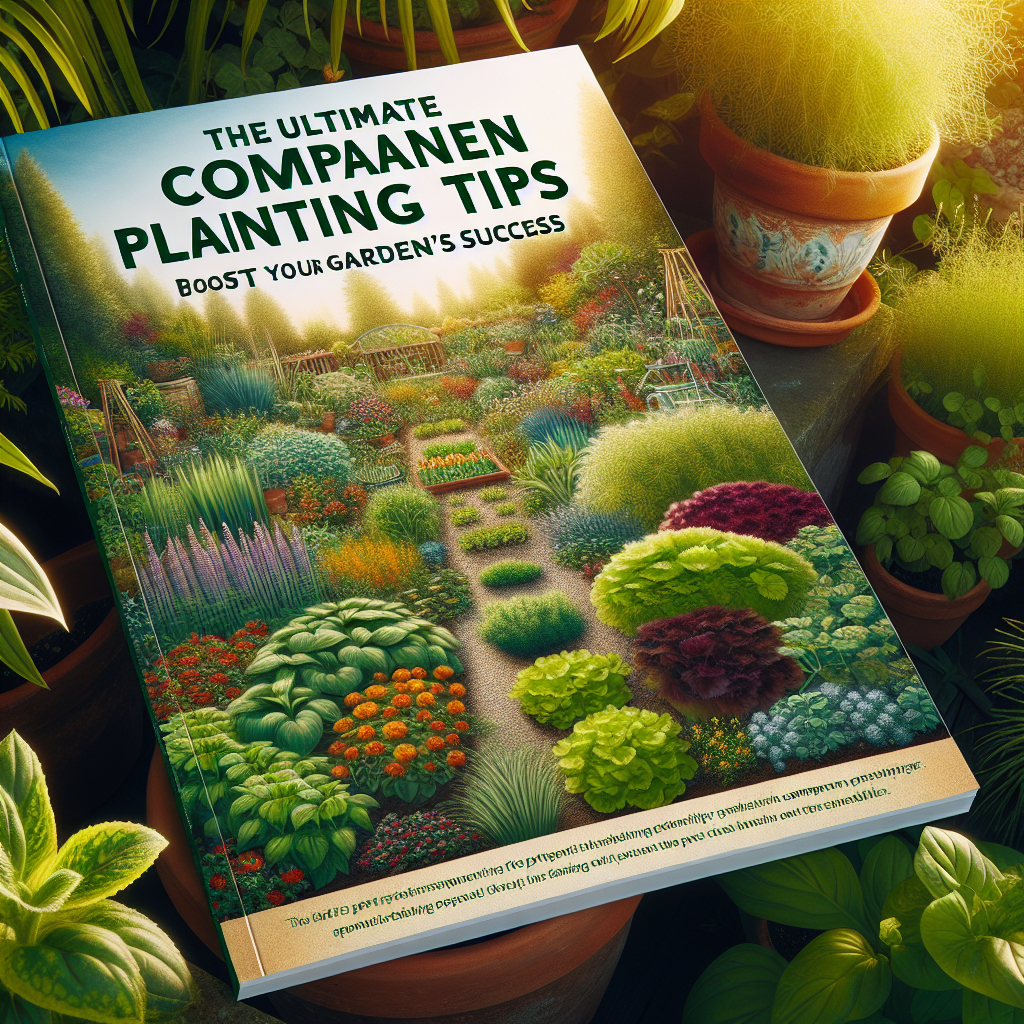How to Avoid Pests Without Pesticides in Garden: Buy Now Effective Tips
Gardening can be a rewarding experience, but dealing with unwanted pests can quickly turn your green haven into a battleground. Many gardeners seek ways to avoid pests without pesticides in the garden, especially if they want to grow organic vegetables and promote sustainable gardening practices. Luckily, there are numerous natural, eco-friendly pest control solutions available that can help you maintain a healthy, thriving garden. In this article, we’ll explore the best methods to keep common garden pests at bay, discuss the benefits of organic pest management, and reveal how you can implement these techniques in your own backyard. Whether you’re a seasoned gardener or just starting out, these tips will empower you to protect your plants without resorting to harmful chemicals.
Why Avoiding Chemical Pesticides Matters
Chemical pesticides, while effective, can have detrimental effects on the environment, beneficial insects, and even human health. Choosing natural pest control methods offers several advantages:
- Protects pollinators: Bees, butterflies, and other beneficial insects are vital for pollination and overall ecosystem health.
- Promotes soil health: Organic pest control encourages robust soil biology, which supports stronger, more resilient plants.
- Reduces chemical runoff: Avoiding synthetic pesticides means less contamination of local waterways and habitats.
- Supports biodiversity: Natural pest management attracts a wider variety of birds, insects, and wildlife to your garden.
- Healthier produce: Grow fruits and vegetables free from chemical residues for safer consumption.
How to Avoid Pests Without Pesticides in Garden: Top Natural Methods
Implementing organic pest control doesn’t require compromising the health of your plants. Here are proven strategies for pest prevention and natural pest management:
1. Encourage Beneficial Insects
Natural predators such as ladybugs, lacewings, and praying mantises are highly effective at controlling aphids, mites, and other garden pests. Attract these helpful allies by planting native flowers like yarrow, dill, and marigolds, which provide nectar and shelter throughout the gardening season.
2. Use Physical Barriers
Simple physical barriers can prevent many pests from reaching your plants. Consider the following options:
- Row covers: Lightweight fabric protects crops from insects while allowing air, light, and water to reach the plants.
- Netting: Fine mesh netting is ideal for keeping birds, butterflies, and larger insects away from berries and vegetables.
- Collars: Place cardboard or plastic collars around seedlings to deter cutworms and other ground-dwelling pests.
3. Practice Companion Planting
Companion planting is a classic organic gardening technique that utilizes the natural properties of certain plants to deter pests. For example, planting basil alongside tomatoes repels whiteflies and hornworms, while marigolds help protect vegetables from nematodes and aphids.
- Garlic and onions deter carrot flies and aphids.
- Nasturtiums attract aphids away from beans and brassicas.
- Chives repel aphids and Japanese beetles.
4. Maintain Healthy Soil and Strong Plants
Vibrant, healthy plants are less susceptible to infestations. Regularly enrich your soil with organic compost, mulch, and natural fertilizers. Healthy soil fosters a diverse community of microorganisms, which can help suppress soil-borne pests and diseases.
- Rotate crops each season to break pest and disease cycles.
- Water plants early in the morning to reduce fungal issues and discourage slugs.
- Remove weeds and debris that can harbor insect pests.
5. Use Homemade Natural Sprays
Homemade sprays using ingredients like garlic, neem oil, or soap can be effective against soft-bodied insects such as aphids, spider mites, and whiteflies. These natural solutions are safe for most beneficial insects and break down quickly in the environment.
- Neem oil spray: Mix neem oil with water and mild soap to create a powerful pest deterrent.
- Garlic spray: Blend garlic cloves with water, strain, and spray on affected plants.
- Soap spray: Mix a few drops of pure castile soap with water to control aphids and mealybugs.
Integrated Pest Management (IPM): A Holistic Approach
Integrated Pest Management (IPM) combines a variety of natural pest control methods for maximum effectiveness. This holistic gardening strategy includes monitoring pest populations, encouraging natural predators, and using mechanical controls only when necessary. IPM reduces reliance on chemical solutions and fosters long-term garden health.
Organic Solutions You Can Buy Now
If you’re looking for ready-to-use options, there are many organic pest control products available today. Look for solutions such as insecticidal soaps, horticultural oils, and natural barriers like copper tape for slugs or diatomaceous earth for crawling insects. These products are safe, effective, and approved for use in organic gardening.
When shopping for natural pest control, always check for organic certification and follow label instructions for best results. Remember, the goal is to protect your garden while maintaining a healthy balance in your local ecosystem.
Frequently Asked Questions
- What are the best plants for natural pest control?
- Marigolds, nasturtiums, garlic, basil, and chives are top choices for repelling common garden pests.
- Does companion planting really work?
- Yes! Companion planting leverages natural plant relationships to deter pests and improve crop yields.
- How can I attract beneficial insects to my garden?
- Grow a diversity of flowering plants, avoid chemical sprays, and provide water sources to welcome helpful insects.
- Are homemade sprays safe for all plants?
- Test homemade sprays on a small area before widespread use. Some plants may be sensitive to strong concentrations.
Conclusion: Embrace Healthy, Sustainable Gardening
Learning how to avoid pests without pesticides in the garden is a crucial step toward sustainable, organic gardening. By using a combination of companion planting, physical barriers, beneficial insects, and natural sprays, you can protect your plants and encourage a vibrant ecosystem. Not only will you enjoy healthier, tastier produce, but you’ll also contribute to the well-being of your local environment.
Ready to transform your garden? Start implementing these natural pest control tips today and experience the difference in your organic harvest!



